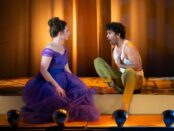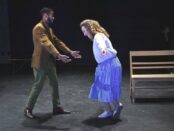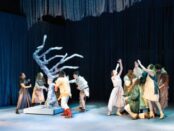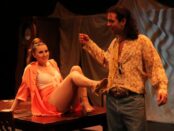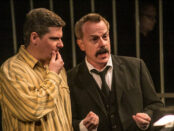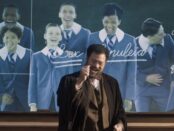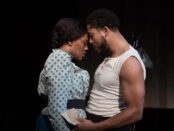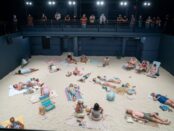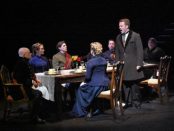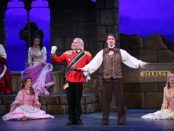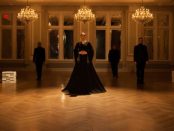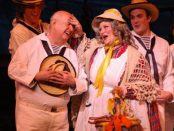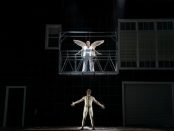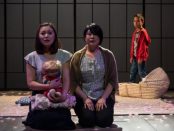Beyond the Horizon (Teatro Grattacielo)
The libretto by the composer and musicologist Walter Simmons is very faithful to the O’Neill play, almost entirely dialogue taken from the original script. Unfortunately, they chose to shorten the text by 25% (as well as cutting the two intermissions) so that the tragedies happen one on top of the other with little time for intense emotional flights. This also dilutes the sense of irony that all the characters are down on their luck. Reducing the cast list by two tightens the play but changing the little daughter to a son and then keeping in the reference to playing with dolls seems inappropriate. Using O’Neill’s original text leaves hardly any room for arias and the opera sounds mostly like recitative set to music. The orchestrations which began with trumpet calls and included triangle and violin solos added to the power of the story. Conductor Christian Capocaccia did fine work with the orchestra but putting them behind the stage affected both the sound and the singers ability to follow them. [more]



